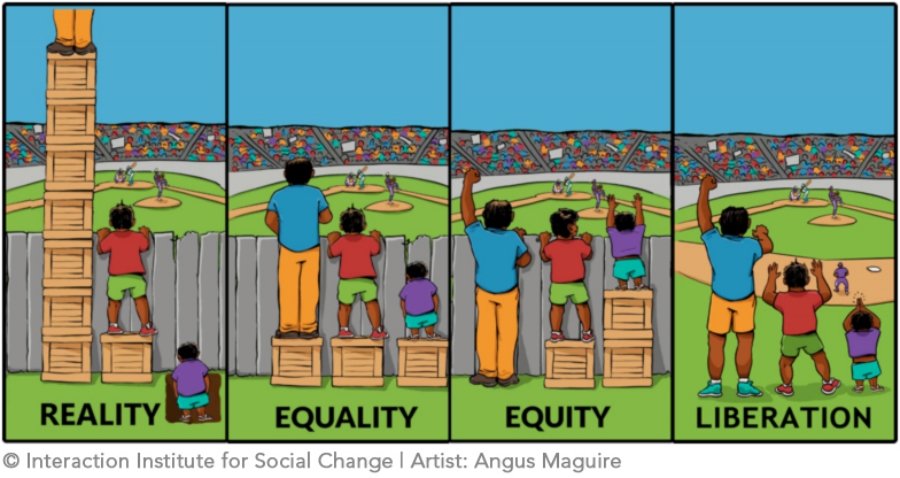
Quick Links
Subscription Preferences
Stay In Touch!
Looking for ways to keep up with NVC Academy news, get special offers, free resources, or words of inspiration? Here are five ways to stay engaged:

Price: $137
Added 05/13/2021
Avoiding conversations about domination, power, race, gender, or sexual orientation is no longer an option.
Why? Because avoiding challenging conversations results in emotional strain. People learn to suppress their anxiety, shame, fear and anger, but emotions inevitably surface when the stakes are high. You can support authentic communication in your classes, your meetings, your workplace, and your relationships.
But how do you hold such conversations? How do you address power differences, unearned advantages, or racial oppression? How do you embrace people from all walks of life so that everyone feels fully heard, valued for their contribution, and acknowledged for their unique experiences?
If you've been walking on eggshells – afraid you'll say the wrong thing – and you're ready for a change, join us for this exciting 10-session course recording. You'll discover how Nonviolent Communication can give you the courage to address some of the most challenging issues of our times through deep listening… heart connections… needs awareness… and clear requests.
Together we'll delve into how to:
And so much more!
You will also expect to explore ways of responding to bias, slights, and stereotypes. For example, what do you do when someone in your workshop or meeting says one of the following phrases:
And, you can strengthen your programs when you learn how to:
We'll also be looking into ways NVC may be used as a tool for changing social systems.

As you can easily see in the above illustration, the starting line is not the same for everyone. Leaning on the framework of NVC enables you to hold honest, creative conversations about systems. It helps you look beyond diversity to focus on inclusion and change, and invites others to engage in creating solutions. When people are engaged, they connect – and they take action. They take a stand against systems of oppression and power-over… they participate in openhearted, practical conversations about inclusion… and they do the challenging work of changing the systems – and the culture.
Who Should Listen to this Course Recording
This program is for trainers, facilitators, teachers, people who hold meetings, and leaders of all kinds. If you want tools to support greater diversity, equity and inclusion in your work, please add this recording to your toolbox.
Feedback from Course Participants
This was one of the most beneficial courses I've taken in ten years. It was my first NVC experience, and I was impressed by the excellent content presented in class and in the supporting documentation, the significant time dedicated to practicing and role-playing, the vulnerability of the trainers, and the welcoming nature of the trainers, moderator, and participants. –Kim Kelly MD, Physician and Leader ~ Edmonton, Alberta, Canada
Grateful for the learning and for the practice around being an ally. I speak for myself and for my pain when confronting injustice. Pairing NVC (connection and caring for all needs) with Kingian nonviolence (to raise awareness) is an effective strategy. –Rachel Turiel, Freelance Writer and NVC Teacher
The transparency demonstrated by the moderators gave me a sense of trust, compassion, and comfort around stepping out with this class. I felt invited to explore during the breakouts and exercises. Roxy's sharing helped me connect and feel secure in my learning. Martha's vulnerability was helpful to learn from: I could easily see how we're all learning together. –Marcia Christen, CNVC Certified Trainer

Looking for ways to keep up with NVC Academy news, get special offers, free resources, or words of inspiration? Here are five ways to stay engaged: